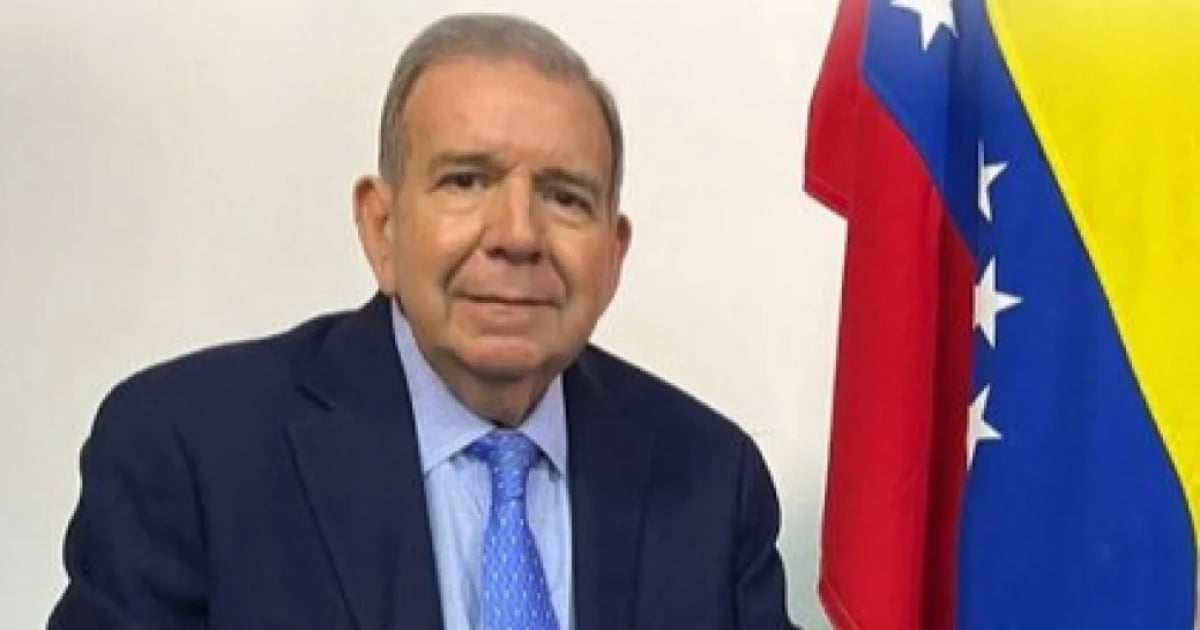
Related videos:
The European Parliament recognized opposition candidate Edmundo González Urrutia as the "legitimate president" of Venezuela on Thursday.
The non-binding resolution was approved with 309 votes in favor from the European People's Party, the ultraconservatives, and the far right; it received 201 votes against and 12 abstentions.
The text recognizes the opposition leader González Urrutia as the "legitimate and democratically elected president of Venezuela" and María Corina Machado as the "leader of the democratic forces."
"Venezuelans want the same as what Europeans have achieved: to live in freedom and democracy," stated the political leader in a video posted on his Twitter account.
The European Parliament expressed its "strong condemnation" of the "orchestrated electoral fraud" by the National Electoral Council (CNE) in the July elections, which confirmed the "victory" of the dictator Nicolás Maduro, and calls on the European Union's High Representative for Foreign Affairs, Josep Borrell, to reinstate sanctions against members of the CNE.
"The respect for the will of the Venezuelan people, expressed in elections, remains the only way for Venezuela to restore democracy, enable a peaceful and genuine transition, and address the current humanitarian and socio-economic crisis," said the MEPs.
"They warned that if there is no peaceful transfer of power and restoration of democracy by January 10, 2025, a new wave of migration to other countries in the region will occur, similar to the exodus that has forced nearly eight million Venezuelans to flee the country in recent years."
From Venezuela, opposition leader María Corina Machado thanked the European institution.
The European Parliament has gone further than the Council of the European Union, which at the end of August decided not to recognize Maduro as president but also did not recognize Edmundo González.
The opposition leader, who was said to have defeated Nicolás Maduro in the presidential elections, left Venezuela and went to Spain, where he was granted political asylum.
Days later, he stated that he was forced to sign a letter accepting a ruling from the Venezuelan Supreme Court that confirms Maduro's victory.
"I either signed it or faced the consequences," he stated in a statement.
González reported that the incident took place at the residence of the Spanish ambassador in Caracas, where Vice President Delcy Rodríguez and her brother, Jorge Rodríguez, President of the National Assembly, presented a letter that needed to be signed.
"They endured long hours of coercion, blackmail, and pressure," added the opposition member, who at that moment thought he would be more useful as a free person than as a prisoner.
Filed under: